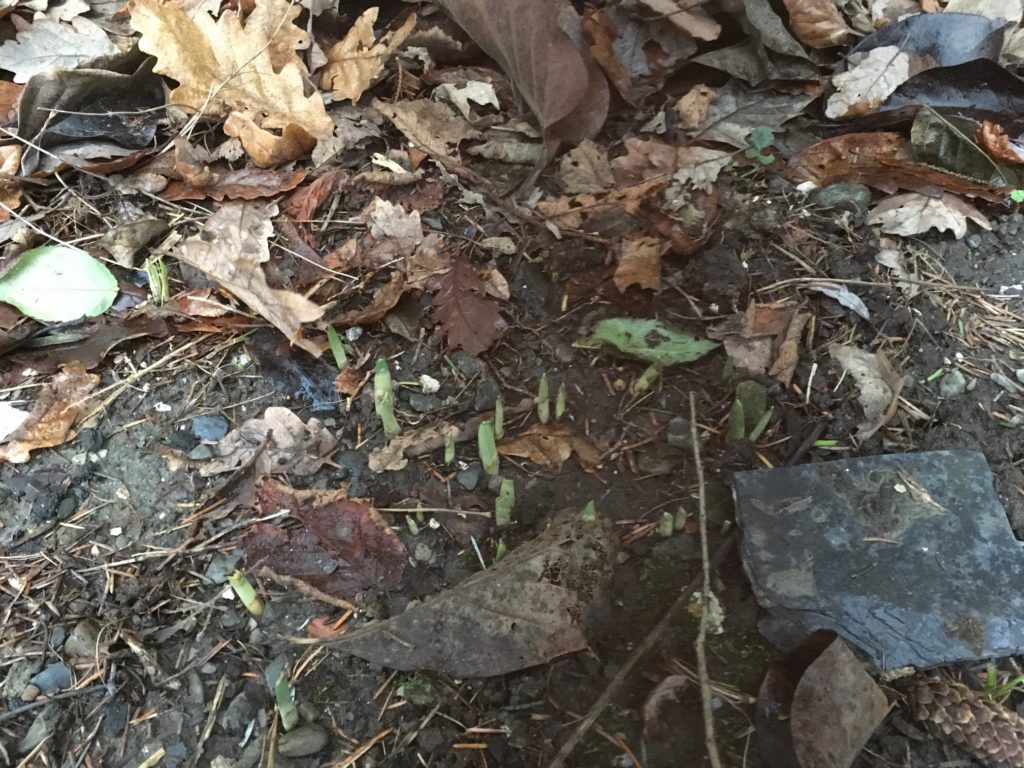Reflection for the Third Sunday of Epiphany and The Call.
Jesus…”called to them. Immediately they left the boat and their father and followed him.” From Matthew 4:12-23.
If you were going to die soon and had only one phone call you could make who would you call and what would you say? And why are you waiting? Stephen Levine.
Today’s Gospel focuses on the call of Jesus to his disciples, the first thing he does when he emerges from the desert. Whether they knew him or had heard of him or not, it’s nevertheless astonishing that men who had work and families to support should immediately leave to follow him. What did Jesus see in those fishermen as he summoned them beside the Sea of Galilee, what did they discern in him – and whatever did their loved ones make of the consequences for them?
A spoof selection process for the twelve disciples suggests that they are lacking in background, education and vocational aptitude for the roles which Jesus asks of them. Simon Peter is described as ‘emotionally unstable and given to fits of temper‘, James and John ‘place personal interest above company loyalty’ and Thomas ‘demonstrates a questioning attitude that would tend to undermine morale’. Matthew is one of the hated tax collectors who liaised with the Romans whilst Thaddeus and James were both deemed to be possibly bipolar and have radical leanings. What would the same process suggest about each one of us?
However, the spoof suggests that one shows great potential: “He is a man of ability and resourcefulness, meets people well, has a keen business mind and has contacts in high places. He is highly motivated, ambitious and responsible. We recommend Judas Iscariot…..’ Bible.org
In telling Peter, Andrew, James and John to follow him, it seems that Jesus offered no inducements or obvious benefits. However, his call to those four men quickly grew into twelve and the start of a mission which is still ongoing today although there have been many challenges to it along the way. The first four chapters of Matthew’s Gospel reveal the birth of Jesus, the journey of the Magi and the Massacre of the Innocents as well as the baptism of Jesus and his temptations in the wilderness. This is known to the reader but not, presumably, to the disciples who nevertheless responded to the sudden call of Jesus on their lives. What if they had not?
What if we had not, too? For the spoof reminds us that who we are now is not what we could possibly become when Jesus influences our lives and our potential. Those first unlikely followers who were summoned by him responded without knowing where it would lead them and, despite their faults, began to fulfill what Jesus saw in them. That was clearly both challenging and bewildering for them at times. In the bewildering and uncertain times of today, as we try to discern where love, hope and fulfilment can be found, our response is as important now as it was then. For George Herbert’s poem reminds us that the call is twofold, not only that of Jesus to follow him but the call from us for his revelation in our lives too:
“Come, my Way, my Truth, my Life
Such a Way as gives us breath,
Such a Truth as ends all strife,
Such a Life as killeth death.” From George Herbert’s ‘The Call’.
With my prayers; pob bendith
Christine.



